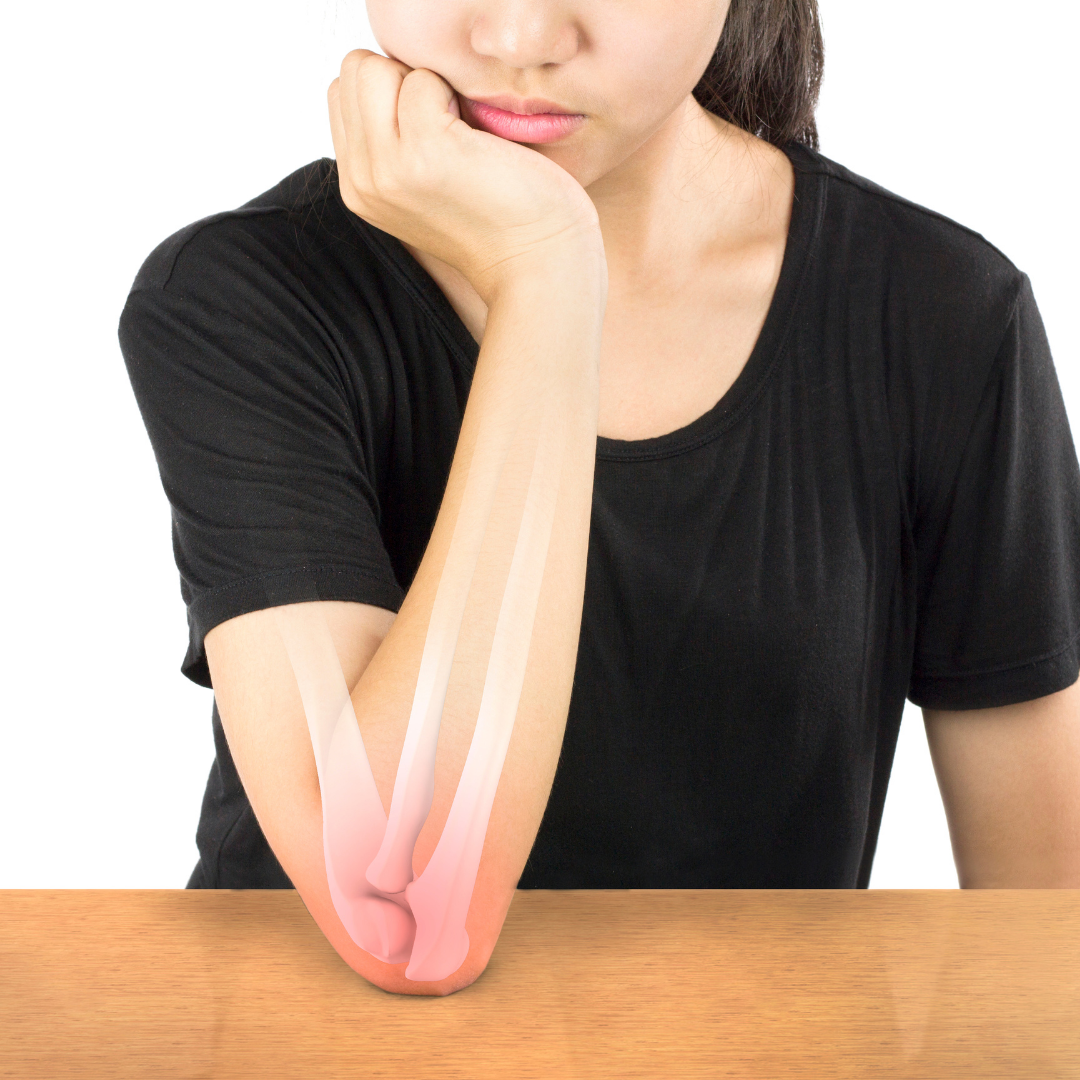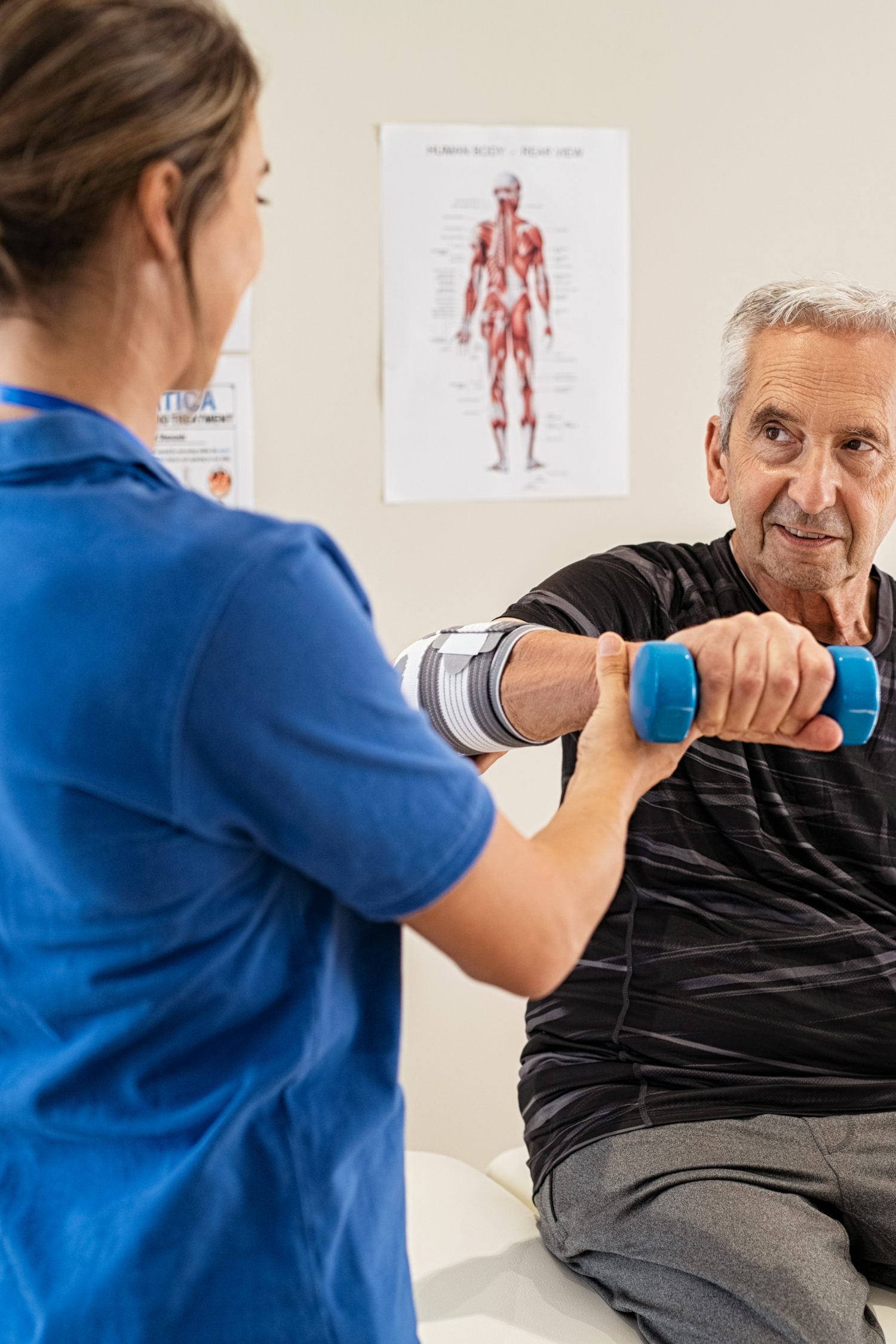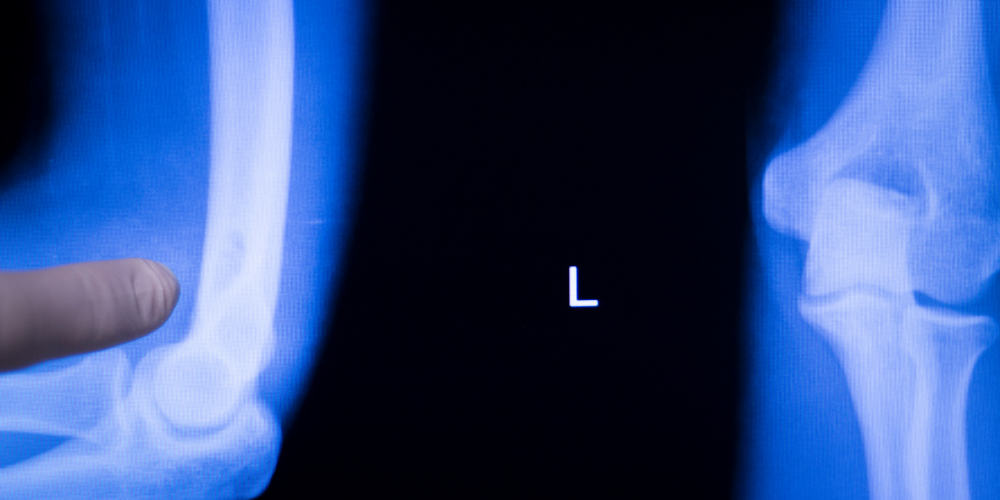
Do you play tennis or golf, or any other sport? Do you use your wrist and forearm frequently as part of your job? Chances are, you might be more likely to suffer from painful tendon problems in your elbow, also known as tennis elbow (epicondylitis) or golfer’s elbow.
Tennis elbow is the layman’s term for tendinopathy, which basically means problems with your tendons.
Causes
There are many causes for Epicondylitis - not just tennis & golf - as any activity that involves repetitive gripping of objects can result in this affliction. Some individuals develop tennis or golfer's elbow from prolonged carrying of heavy bags, knitting, chopping food, and/or computer work using improper wrist and arm posture. With sports, the problem arises when we are new to the game, use an improper technique, try out new racquets or clubs, or increase the intensity or duration of exercise without the proper preparation.
Sometimes the condition can be so severe that it is difficult to even grip and lift one's coffee cup!

Symptoms
Difficulty using the arm to throw or hit things (such as in golf or tennis) Anyone can get tennis elbow, besides just tennis players. According to WebMD, tennis players make up less than 5% of those diagnosed with tennis elbow. Those affected most are between the ages of 30 and 50 years old. Men are more susceptible than women.
So what can you do to prevent tennis elbow from happening to you?
Take breaks when using your arm extensively. Avoid lifting with your arm out when you can help it. Don’t grip things too tensely. Help your elbow gain strength by weight training and using a brace. Use as much padding as you can when you grip things (extra gloves, extra grip tape for a tennis racket, etc.).
Treatment
Epicondylitis is a condition that rarely resolves on its own accord and may require treatment. A qualified healthcare professional such as a chiropractor can determine the exact cause of the problem and initiate the proper care and treatment. This might include deep crossed friction massage, hot and cold treatments, bracing and home stretching and exercises. Chiropractic adjustments have proven extremely effective in the overall management of this problem.

